
Empathy: Its varied uses, its varied guises. Sometimes in our reading, we’re moved to empathize with a character whose plight we enter into, feelingly and deeply; other times, it’s the teller of the tale we find ourselves bonding with. In some works, empathy results from “instruction”—the revelation of an experience so novel for us that we’re left startled by it. Yet, however it’s achieved as an effect by an author, empathy won’t be our experience as the reader if we lack the attentiveness, the focused curiosity, to be concerned for others. “Indifference is… the permanent form of cruelty,” we’re told by Marcel Proust. Incessant distractions are the nemesis of empathy, which thrives best where a quiet of mind can prevail.
Here are 10 titles—of novels, short stories, memoirs, and passionate studies—that will offer you an early-autumn basket of readings, in each of which the experience of empathy is vital.
“Sonny’s Blues” by James Baldwin
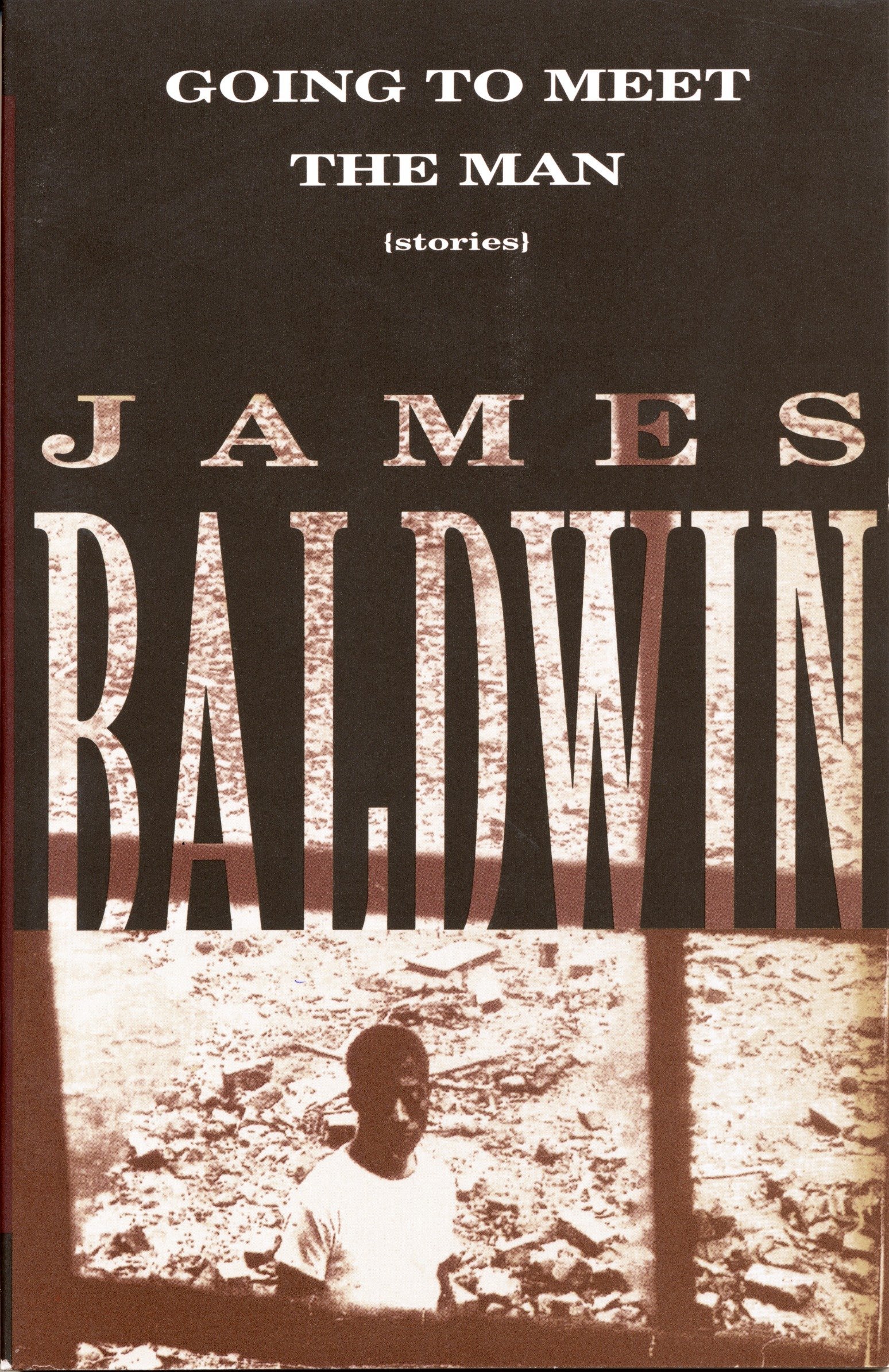
In one of America’s most iconic short stories, which appears in Going to Meet the Man: Stories, the narrator’s rejection of his race, his cultural background, his family and brotherly bonds finally melts away as his brother’s blues playing restores his sense of his community, his power of love, and finally, himself.
Brother, I’m Dying by Edwidge Danticat
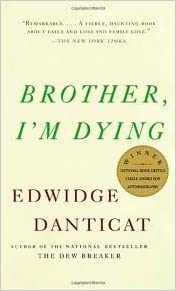
Administrative indifference: it’s a maddening form of cruelty, one that seems to infect immigration policies everywhere—and proves especially virulent in Haiti-United States relationships. This gut-wrenching memoir of a family upturned by violence pairs individual suffering with global suffering, the “brother” who fails as keeper being a close family member and, in the larger sphere, a too-indifferent nation.
Everything in Its Path: Destruction of Community in the Buffalo Creek Flood by Kai T. Erikson
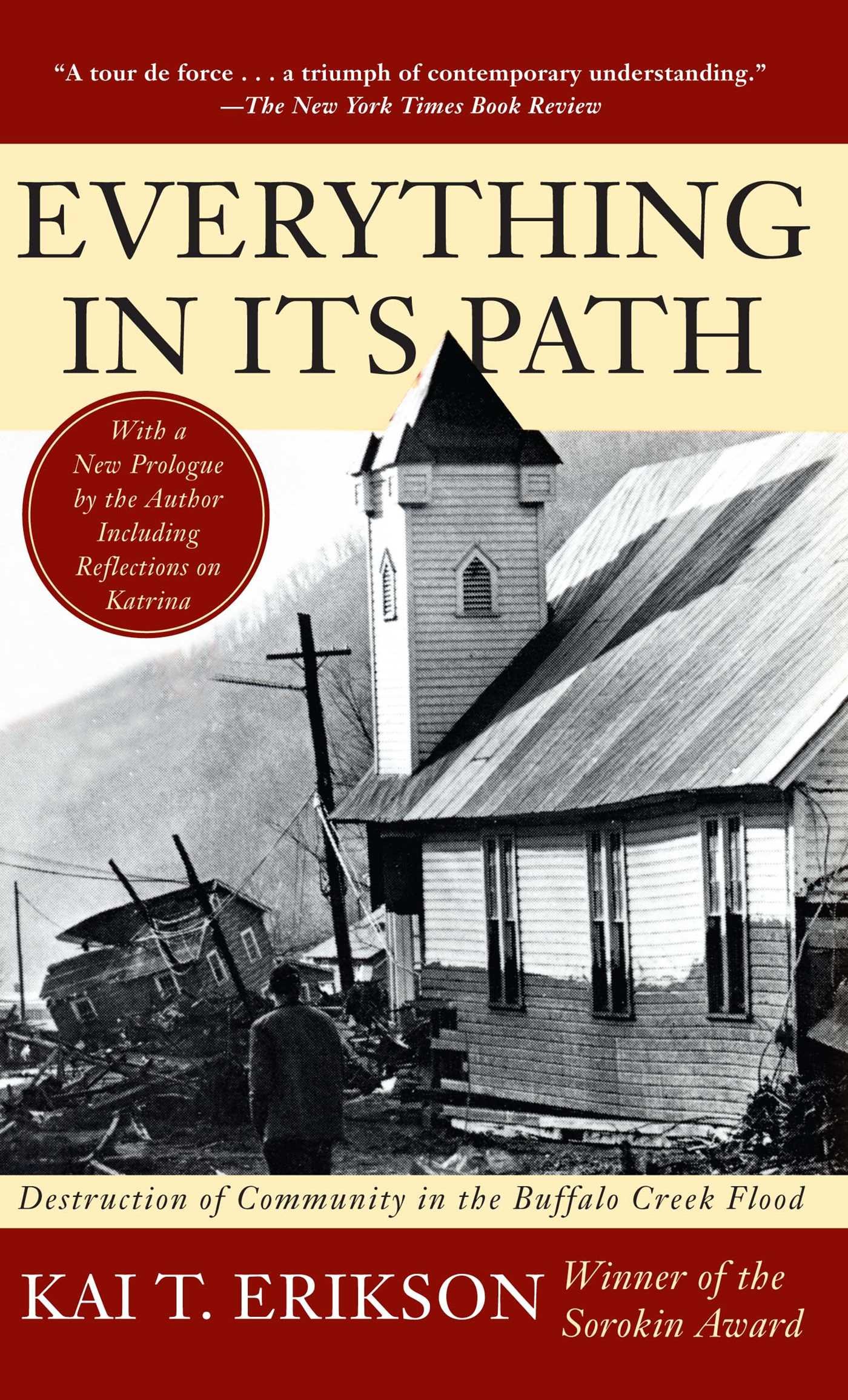
When a careless mining company allows a mud dam to collapse, it scours out of existence a fragile cluster of creek-side villages in a West Virginia hollow. In the book’s second half, we hear the voices of the victims, transcribed verbatim, as they speak of their inability to recover. The author, a sociologist, ends with the prescient forecast (this in 1976) that American culture has embarked upon an era of what he terms “chronic disaster.” Reader, take heed.
Deep Creek: Finding Hope in the High Country by Pam Houston
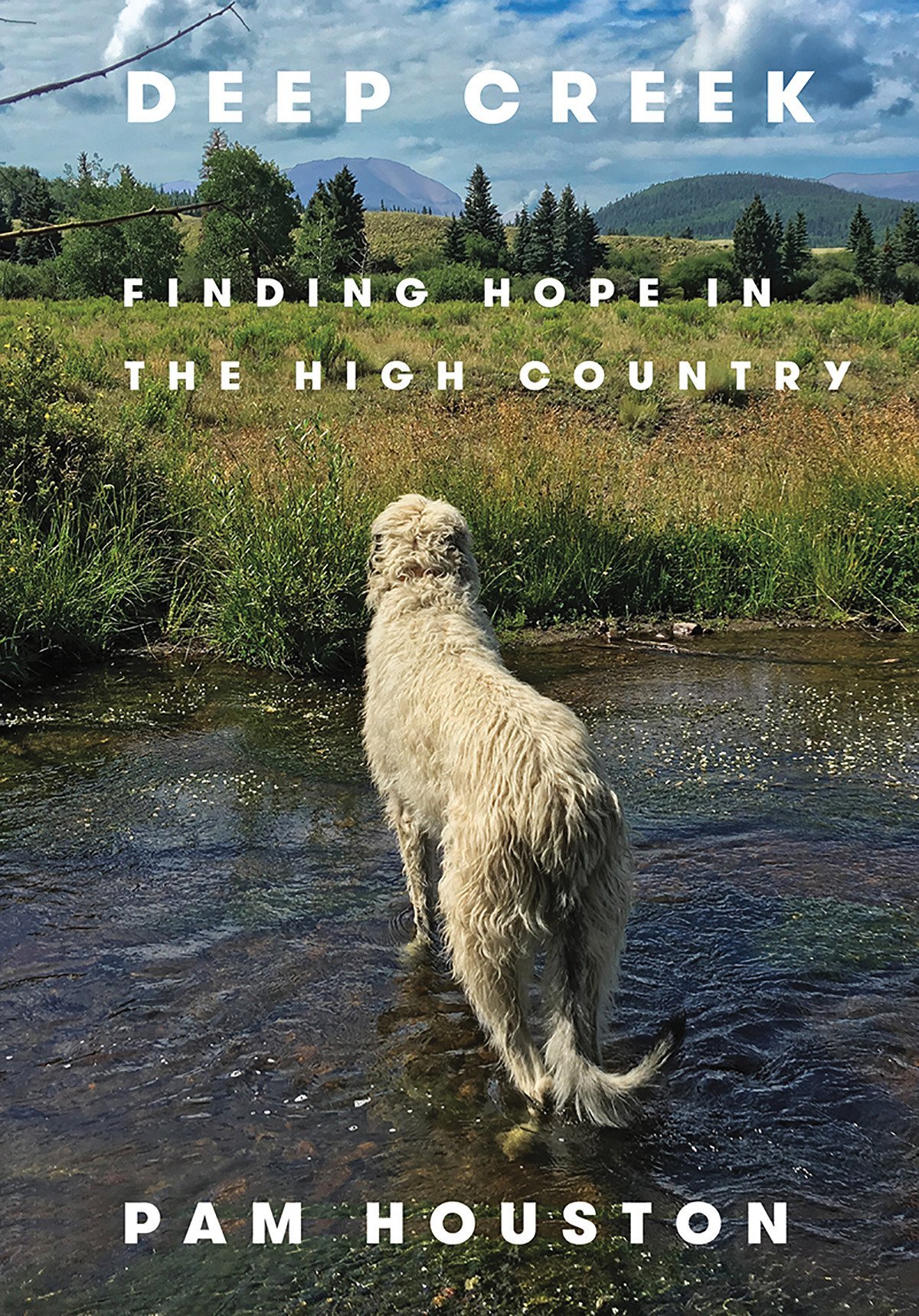
One of America’s great living naturalists, Pam Houston, who lives amid breathtaking splendor on her ranch 9,000 feet up in the Rockies, both celebrates the beauty of all that lies around her—her animals, the mountains, her human friends, the trees, the flowers—and grieves for a planet we seem bent on destroying. The most recent book on my list, it shimmers with reverence.
Swimmer in the Secret Sea by William Kotzwinkle
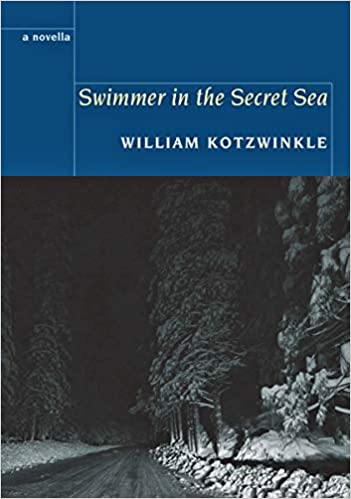
High parental hopes and consequent heartbreak are rendered in language of stunning poetic power in this compact novella, which is sorrowful at the same time that it’s potently life-affirming.
Planet of the Blind: A Memoir by Stephen Kuusisto
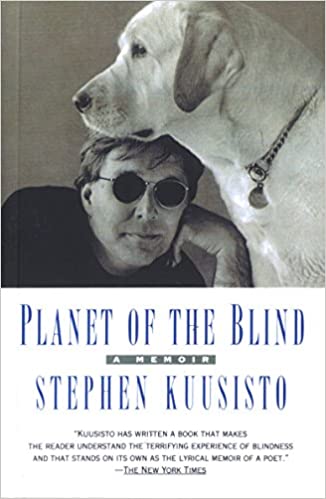
Born months early, Stephen from infancy is nearly blind, except for a fragment of vision in one eye. It is through this limited and wildly volatile peephole that he negotiates growing up, in denial for decades that he is, in fact, blind until his first guide dog, the wonderful female Lab Corky, comes into his life. The work of a poet with a high sense of metaphor, no book about “not seeing” could be more exuberantly visual.
Young Men and Fire by Norman Maclean
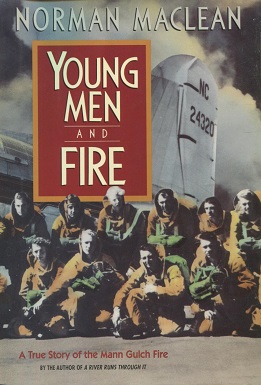
A group of elite young smokejumpers perish in a Montana gulch in an apparently routine brush fire that blows up into an inferno, leaving both their brethren and the world at large stricken. The calamity gives birth to a new field, fire science, as Maclean probes the causes of the fire—and leads us, as readers, into the hearts and the minds of the youths who perished in it.
The Heart Is a Lonely Hunter by Carson McCullers
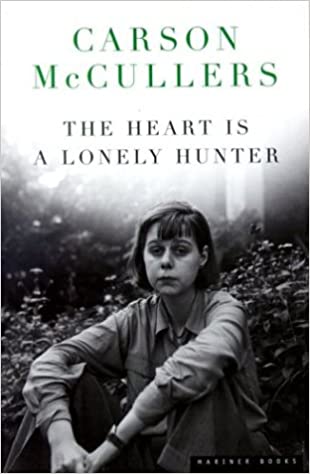
The youthful first novel of a great Southern writer, this brilliant story of unfulfilled yearning will make your heart ache for its hapless young and old characters alike, its emotional epicenter being teen girl Mick Kelly, whose quest for beauty, connection, and meaning dead-ends in resignation: “O.K.! Some good.”
Call It Sleep by Henry Roth
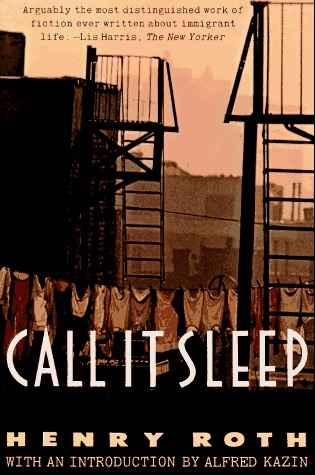
The great novel of the early 20th-century Jewish immigrant experience, it’s a breathtaking chronicle of young David Schearl’s life—every microscopic thought, every feeling, every exchange with his problematic parents (Yiddish-speaking, doting mother; fierce, repudiating father), every neighborhood scrape as he contends with ethnic prejudice, with rabbinical abuse, with wild family broils and the multiplicity of tongues. All of this takes place as David works to forge an identity for himself—a task he succeeds in.
“The Interior Castle” by Jean Stafford
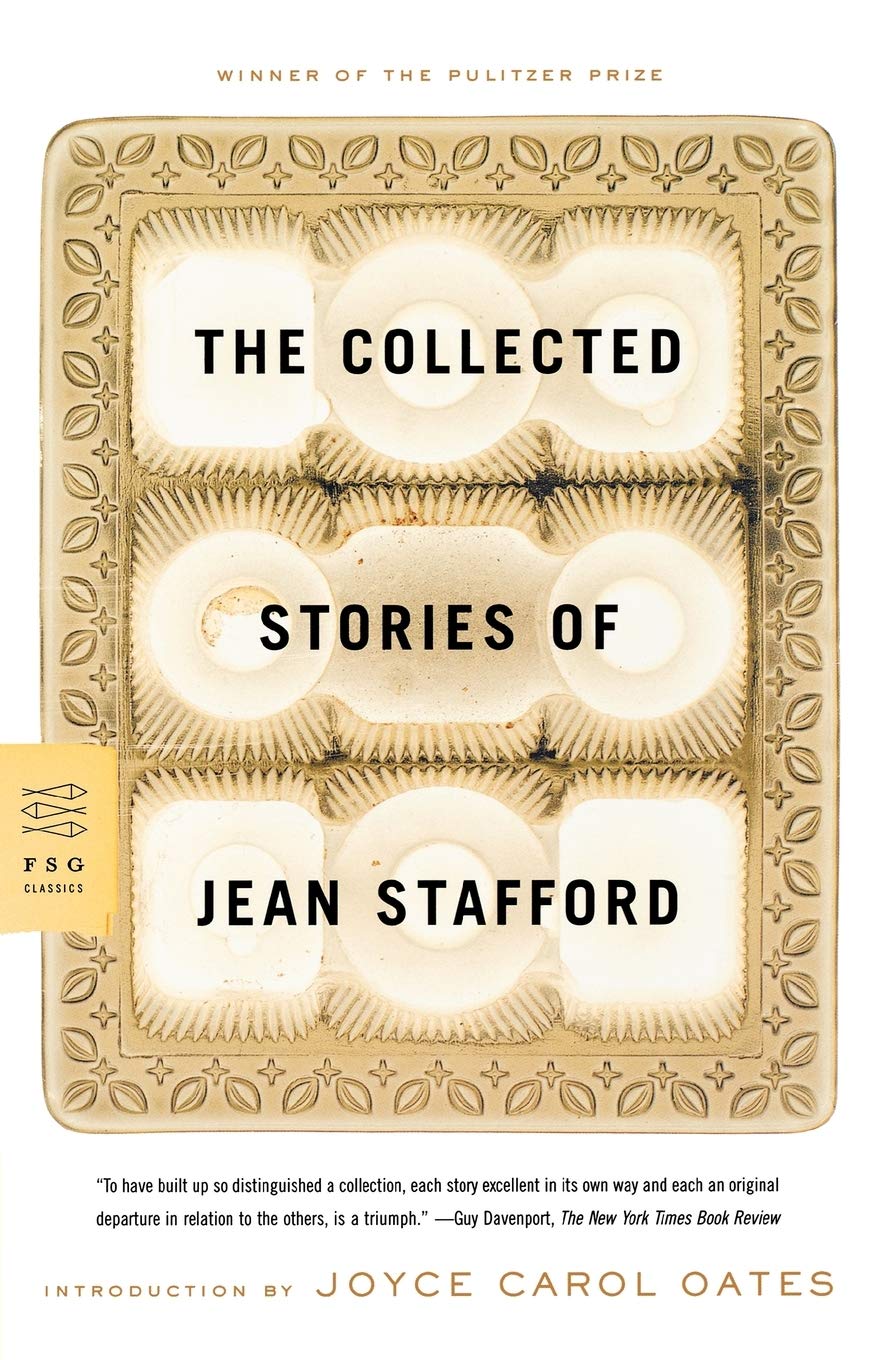
In this short story from The Collected Stories of Jean Stafford, the protagonist, Pansy Vanneman, suffers excruciating pain—pain beyond enduring that must be endured because she has been in an auto wreck, one that has left her face disfigured and her nose badly crushed, and her surgeon must operate close to her brain without benefit of anesthetic. Pain experienced beyond all words, we’re told; and yet the words of this story render Vanneman’s agony, and the courage she must summon, in unforgettable terms.

